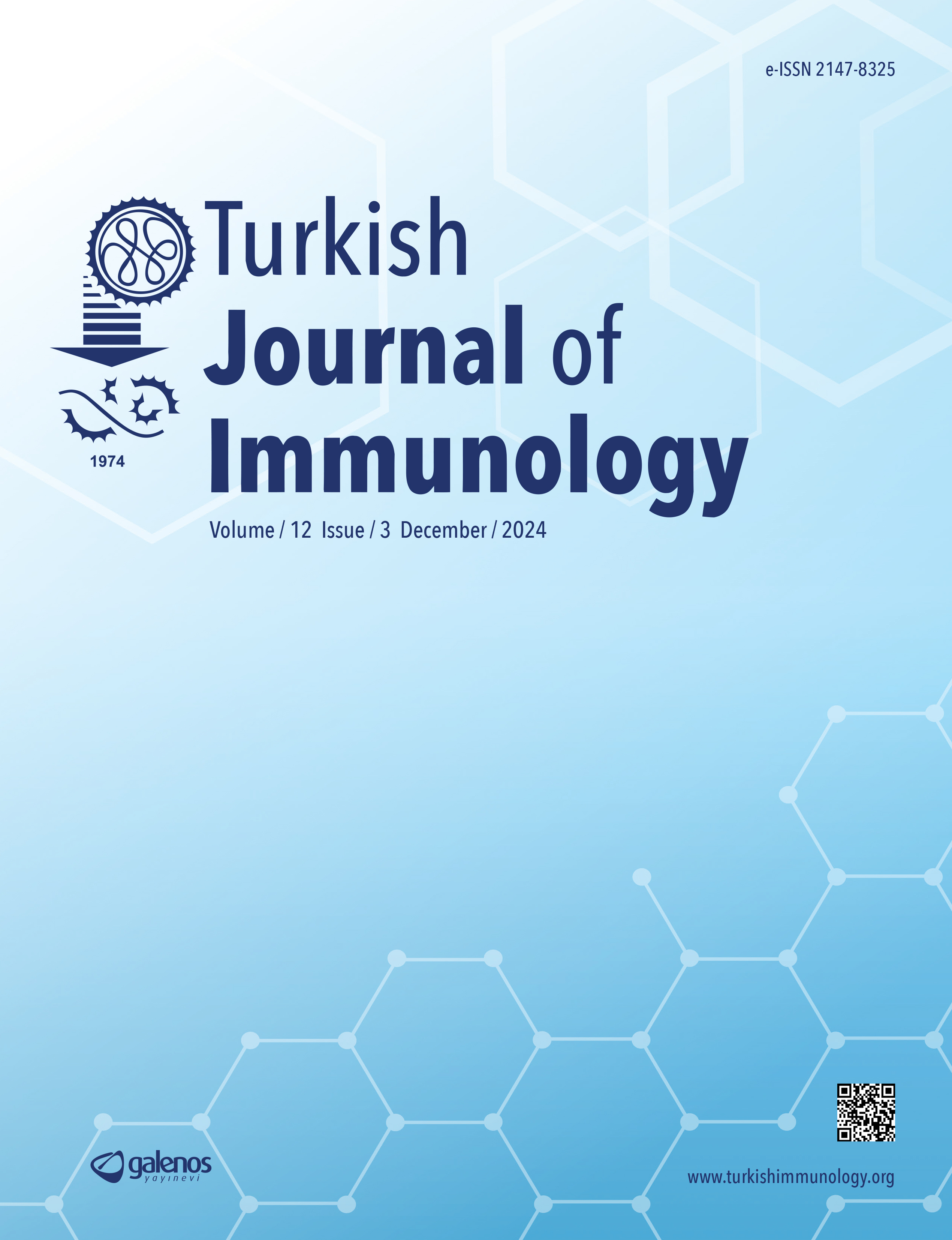The Expression of Thymic AQP7 and Perilipin 1 (PLIN1) in Rats Fed a High-Fructose Diet is Modified by Voluntary Physical Activity
Jülide Tozkır1, Nihayet Fırat2, Ebru Göncü3, Onur Ersoy1, Pınar Tayfur4, Orkide Palabıyık11Trakya University Vocational School of Health Services, Edirne, Turkey2Trakya University Institute of Health Sciences, Department of Physiology, Edirne, Turkey
3Trakya University Medical Research and Application Centre, Department of Medical Genetics, Edirne, Turkey
4Bahçeşehir University Faculty of Health Science, İstanbul, Turkey
Objective: Aquaporins (AQPs) are a large family of proteins that help transport water and small molecules. AQP7 is an AQP responsible for the extracellular transport of glycerol produced by lipolysis in adipocytes. Perilipin 1 (PLIN1) regulates lipolysis on the surface of lipid droplets in adipocytes and promotes the transport of glycerol out of the cell via AQP7. It is not known exactly how AQP are regulated in thymic tissue. The goal of this study was to evaluate the expression status of AQP7 and PLIN1 in thymic tissue during thymic involution and to determine how these expression patterns are affected by high-fructose diet and voluntary physical activity.
Materials and Methods: In this study, 18 adult female Sprague-Dawley rats were assigned to three groups: control (C), fructose (F), and fructose + physical activity (FA). Fructose was added at 20% to the drinking water of the F and FA groups. At the end of 8 weeks, rats were euthanized under appropriate conditions, and tissue and blood samples were collected. Histological evaluation of the thymus was performed by hematoxylin-eosin staining. The expression levels of AQP7 and PLIN1 were determined real-time reverse transcription polymerase chain reaction using appropriate primers.
Results: The weight of the thymus tissue decreased in the FA group compared with that in the F group due to exercise (p=0.015), but the cortex and medulla structure were histologically preserved. AQP7 was significantly decreased in the F group compared with the C and FA groups (p=0.0079 and p=0.0127, respectively).
Conclusion: AQPs and their associated molecules can be strategic targets for slowing or reversing thymic involution.
Manuscript Language: English



















